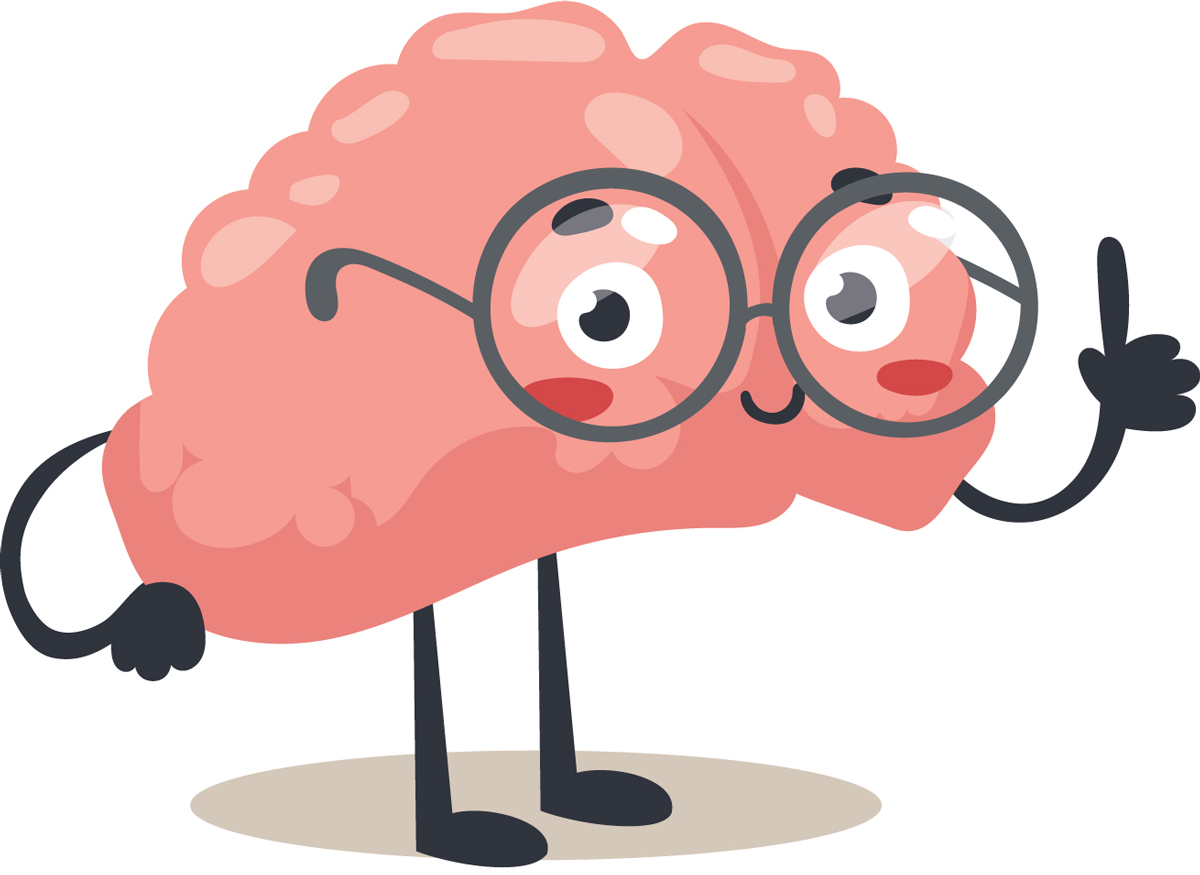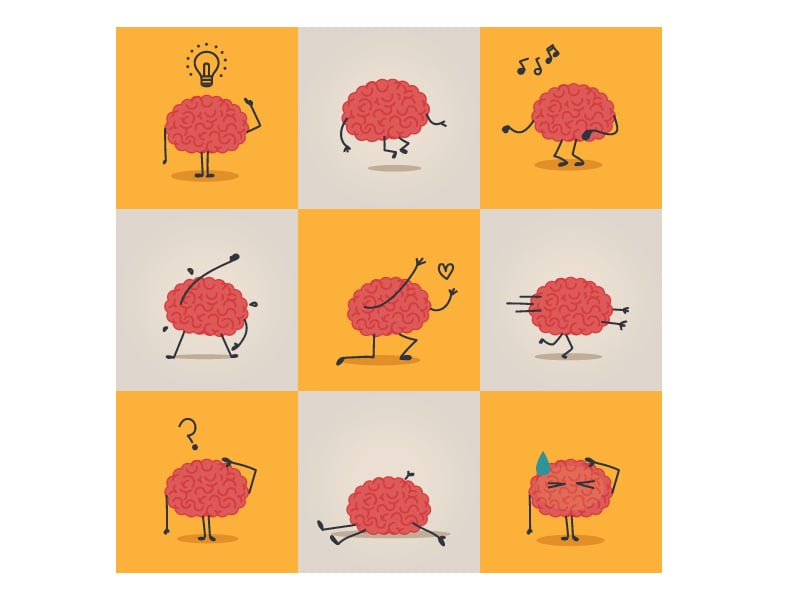First the bad news: we reach the pinnacle of our cognitive prowess around the age of 24, with some aspects of it starting to deteriorate by 27. To stay sharp and at the top of your game requires a high level of brain fitness — which is why many business leaders are looking to incorporate what neuroscience has validated to ensure they have the tools and strategies to always bring their best selves to work.
Cognitive health
The good news is that our massively pliable brain provides the opportunity to maintain or upgrade our thinking prowess through a conscious choice of focus and a willingness to invest in our neurobiology. Cognitive health is how well we think, learn and remember. It’s about having sufficient mental stamina and stress resilience to successfully navigate and thrive in our increasingly complex and complicated world.
While business success requires hard work, effort, commitment and time, the missing part of the equation is how to adequately address the physiological and psychological needs that lead to consistently higher mental performance. Cognitive health feels new because until the past few decades, we knew relatively little about the brain, and much of what we thought we understood turned out to be wrong.
The brain’s natural plasticity — its ability to rewire itself in response to changes in our environment — has several major implications. First, we are lifelong learners, always capable of taking in new information, laying down memory, embedding new habits and changing self-limiting beliefs or other unhelpful thinking patterns. Second, by identifying what the brain perceives as a potential threat or reward, it becomes easier to shift individual and collective mindsets to be more growth-oriented, leading to greater possibility thinking.

Lifestyle habits
Brain fitness starts by addressing the fundamentals that we have understood intuitively to be important but have not always chosen to prioritise. The synergy of all lifestyle choices is what counts: how we eat, move, sleep, manage stress and stretch our mental muscle. Greater organisational health is about creating a workplace culture that values brain fitness as the starting point for more effective teams, change agility, communication and collaboration.
At the individual level, brain fitness starts with greater brain awareness. Understanding how the brain has evolved to keep us safe and is concerned with (mental) energy conservation provides the framework necessary to establish lifestyle habits essential for best cognition and memory. The role of nutrition in determining mood, focus, memory and cognition is important at any age. Studies show that eating higher levels of trans fats in middle age is associated with reduced verbal memory.
To stay mentally sharp and at the top of your game requires a high level of brain fitness.
Physical & emotional health
Exercise increases cognitive energy as well as mental agility and wellbeing. The global cost of lost productivity and healthcare expenditure due to insufficient activity was estimated at US$67.5 billion in 2013. Standing improves attention by up to 40%, and the focus is now on increasing physical activity across the day in addition to 30 minutes of aerobic exercise. Sleep deprivation leads to poor decision-making and cognitive fatigue, diminishing focus and memory. Promoting a culture that values sleep is associated with greater performance, increased creativity and reduced stress.
Our best cognition is underpinned by having access to our full spectrum of emotion and is best served when the 2 are in balance. However, the rapid pace of change, globalisation and technological advances have in some instances led to higher levels of stress. When accompanied by greater emotional intensity, this reduces access to the prefrontal cortex, the part of the brain used for conscious thought, logic, reason and analysis. This is where greater brain fitness can facilitate a leader’s ability to retain their cognitive capability, through effective emotional regulation. The brain-savvy leader recognises the importance of taking time off and time out to reflect, think more deeply and stay future focused.
Brain fitness is a must
Greater mental flexibility, creativity and innovation paves the way to more effective problem-solving and helps identify potential opportunities. This is where stretching the mind to learn new skills enhances big-picture thinking, broadens perspective and leads to stronger intuition and insight. From here, it’s about challenging long-held notions about the best way to work and choosing to stay in good cognitive shape by creating a fit and healthy brain optimised to work at its best, even when under pressure.
How we think, our perception of the world and the state of mind we bring to any situation is influenced by how well the brain is functioning. That’s why brain fitness is a must, not a maybe, for best cognitive performance.







